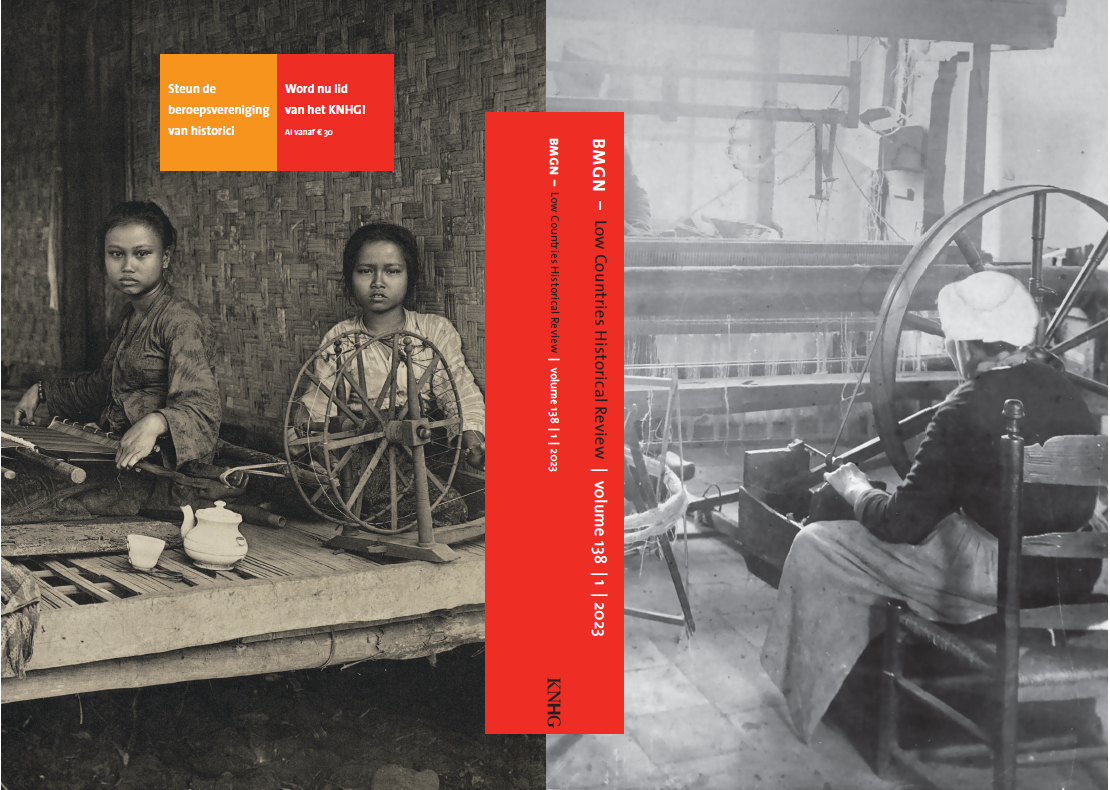(image source: BMGN)
Abstract:
Ever since the cultural turn and the understanding of ritual and ceremony as forms of communication and symbolic negotiation, medieval and early modern princely coronations, inaugurations, and joyous entries have received incessant scholarly attention. That was much less the case for seigneurial joyous entries that took place in villages and small towns. The Burgundian and Habsburg Netherlands, and the Duchy of Brabant in particular, had a remarkably strong tradition in this respect. Local lords and ladies held entries in their seigneuries, issued liberty charters, and swore to uphold local rights and privileges. These entries gave occasion to high masses and Te Deums, banquets with local dignitaries, and festivities for the other inhabitants. This article analyses a set of 88 seigneurial entries, ranging from the early fifteenth until the late eighteenth century. It argues that these solemnities were structural components of the seigneurial landscape, carrying legal, social, and political meaning. They are also gauges for the power relations between the lord or lady, local office holders, and villagers or townspeople at a given moment, and can therefore help us to better understand who stood to gain most from the seigneurial system.
Read the full article here (open access): DOI 10.51769/bmgn-lchr.9921.


No comments:
Post a Comment
Note: Only a member of this blog may post a comment.